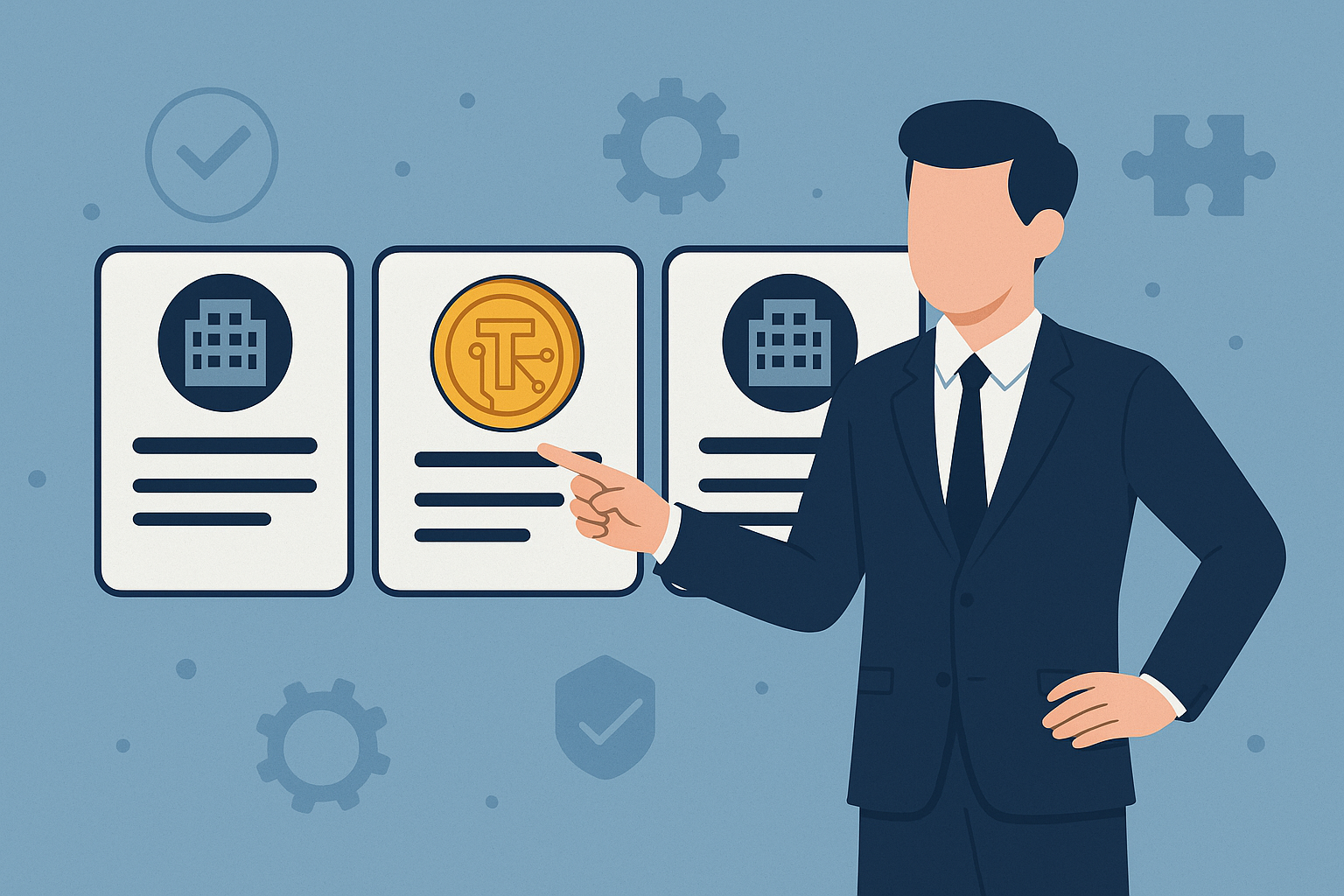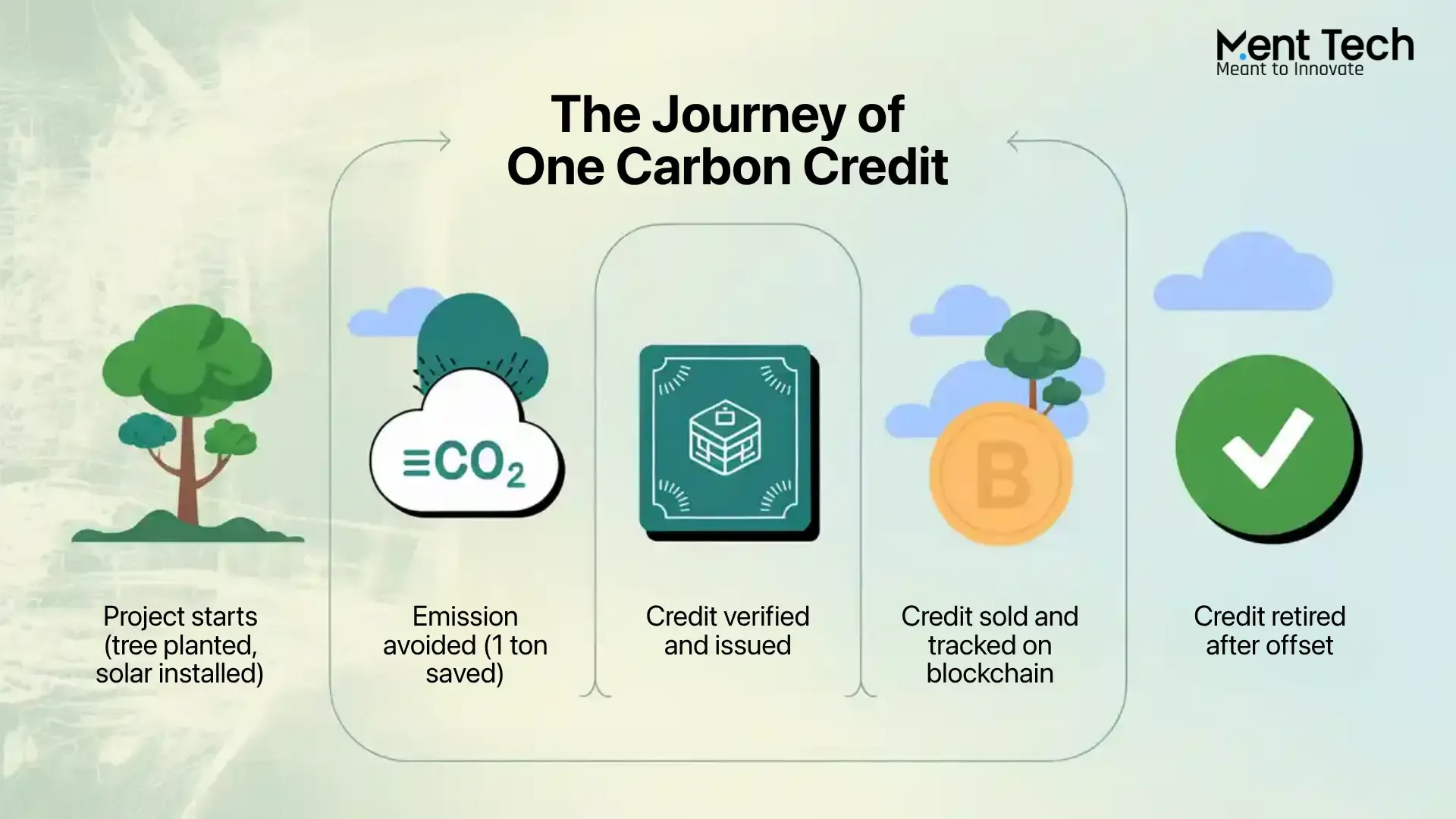How Smart Contract Audits Are Powering the Next Generation of Secure Blockchain Projects

Strong 8k brings an ultra-HD IPTV experience to your living room and your pocket.
Blockchain technology has evolved into the backbone of decentralized applications, digital assets, and financial ecosystems. At the heart of this innovation lie smart contracts—autonomous pieces of code that execute transactions and enforce rules without intermediaries. But with great power comes great vulnerability. One line of flawed code can cost millions, damage reputations, and dismantle promising projects.
✍️ Blockchain networks face scalability challenges. Our blockchain scalability guide outlines solutions like sharding and layer-2 protocols for faster performance.
As blockchain adoption soars in 2025, smart contract audits are no longer a luxury—they’re a foundational pillar of secure development. In this blog, we’ll explore how professional auditing services are empowering the next generation of secure blockchain projects, why audits are mission-critical, and how early-stage ventures can leverage them to build long-term trust and resilience.
The Rise of Smart Contracts and the Security Imperative
Smart contracts automate actions like token transfers, governance decisions, and financial agreements without relying on centralized authorities. Their popularity has skyrocketed thanks to DeFi, NFTs, gaming, and enterprise blockchain use cases.
However, the very autonomy that makes smart contracts powerful also makes them dangerous if not handled with care. Unlike traditional software, smart contracts deployed on public blockchains are immutable. Once deployed, any bugs or vulnerabilities become permanent—unless expensive workarounds are implemented.
The result? A surge in attacks, exploits, and losses due to flawed smart contract code. Notable hacks like the DAO exploit, the Poly Network breach, and the Wormhole bridge vulnerability have collectively cost billions. These incidents reveal a common truth: code is law, and unchecked code can be catastrophic.
Why Smart Contract Audits Matter More Than Ever
In an ecosystem built on transparency, immutability, and trustless execution, smart contract audits provide a critical safety net. An audit is an in-depth review of smart contract code by cybersecurity experts who identify bugs, vulnerabilities, and inefficiencies.
But smart contract auditing isn’t just about avoiding hacks—it’s about future-proofing your project. Here’s how audits are powering the next generation of secure blockchain ventures:
1. Strengthening Security at the Core
Security is the number one concern for any decentralized application. An audit rigorously tests your contract logic for known vulnerabilities like reentrancy attacks, integer overflows, and front-running.
With professional auditors reviewing every line of code, security loopholes are closed before they’re exploited in the wild. This proactive defense approach is what separates secure, scalable projects from those vulnerable to collapse.
2. Building Trust With Investors and Users
Investors and users are no longer satisfied with flashy roadmaps and social media hype. They want proof that a project is built to last—and that starts with a smart contract audit.
By publishing audit reports and highlighting their findings, projects signal credibility, maturity, and a commitment to security. This trust-building element has become essential for token launches, IDOs, and DeFi platforms seeking to attract capital and loyal users.
3. Facilitating Compliance and Institutional Adoption
As regulators start scrutinizing DeFi and blockchain infrastructure more closely, projects that prioritize smart contract security are better positioned to meet compliance standards.
A professional audit can help projects align with industry best practices, avoid legal pitfalls, and even assist with formal certifications. For institutions looking to enter the blockchain space, this layer of security and compliance is non-negotiable.
4. Enabling Scalable, Future-Proof Development
Security flaws not only result in hacks—they can also paralyze innovation. When developers are forced to patch bugs post-launch, they often delay roadmap features and compromise user experience.
A comprehensive audit enables teams to build with confidence, knowing that the foundation of their dApp or protocol is solid. It also paves the way for seamless upgrades, multi-chain deployments, and ecosystem integration.
5. Saving Costs in the Long Run
Some startups skip smart contract audits due to upfront costs. But in reality, audits are a cost-saving investment. Just one smart contract exploit can drain millions in funds, lead to legal disputes, and destroy months (or years) of work.
The average cost of a smart contract audit pales in comparison to the potential damage of an unchecked bug. When done by professionals, audits often uncover logic flaws that could have cost far more down the line.
What a Professional Smart Contract Audit Covers
A professional smart contract audit isn’t just a technical checkbox—it’s the backbone of trust in the blockchain ecosystem. Whether you're launching a DeFi protocol, NFT marketplace, or token economy, a thorough audit demonstrates to investors and users alike that your project is secure, reliable, and professionally managed.
Let’s break down what a comprehensive smart contract audit actually includes and why each component matters for the long-term success of your blockchain project.
Code Quality Review: More Than Just Clean Syntax
At the foundation of any audit is a review of code quality. This isn’t just about whether your code compiles or passes unit tests. Professional auditors examine your codebase for clarity, structure, and logical consistency.
They look at:
- How well your functions are organized
- Whether variable names are intuitive
- How reusable and modular your contracts are
A clean, well-structured codebase isn’t just easier to read—it’s also easier to maintain, upgrade, and secure. Auditors often recommend improvements that reduce gas consumption, optimize contract size, and make your smart contracts easier to work with over time.
Vulnerability Detection: Identifying Known and Unknown Threats
This is arguably the most important part of any audit. Blockchain security threats evolve rapidly, and a smart contract audit must address both common and emerging attack vectors. Professional auditors look for:
- Reentrancy Attacks: Where external calls open the door to recursive transactions that drain funds.
- Access Control Flaws: Improperly configured roles that could allow unauthorized users to perform critical actions.
- Integer Overflows/Underflows: Especially in older Solidity versions without built-in protections.
- Time Manipulation: Smart contracts that rely on timestamps can be vulnerable to block miner manipulation.
- Denial of Service (DoS): Code paths or loops that could be intentionally triggered to freeze contract functions.
- Unchecked External Calls: Functions that call other contracts without handling potential failure gracefully.
Using a combination of static analysis tools and manual line-by-line inspection, auditors aim to surface even subtle vulnerabilities that automated scanners often miss.
Business Logic Validation: Ensuring the Contract Matches Your Vision
Even if your code is secure, it still needs to do what it was intended to do. That’s why auditors validate the business logic behind your smart contracts.
They ask:
- Do the contract functions reflect what’s written in your whitepaper or documentation?
- Are tokenomics mechanisms like staking, vesting, or inflation implemented correctly?
- Does the logic behind decentralized governance or oracles behave as intended?
This step bridges the gap between code and vision. Auditors look at your technical specifications and confirm whether your smart contract behaves exactly as expected—no more, no less.
Dependency and Library Assessment: Third-Party Code Comes with Risks
Most modern smart contracts aren’t built from scratch. They rely on established libraries like OpenZeppelin, Chainlink, Uniswap SDKs, or others. While these can boost development speed and reliability, they also introduce external risks.
Auditors evaluate:
- Whether third-party dependencies are updated to their latest stable versions
- If known vulnerabilities exist in the imported libraries
- How tightly integrated external code is, and whether it increases the attack surface
Sometimes, a seemingly small outdated function in a dependency can become the gateway for large-scale exploits. A professional audit ensures your reliance on external code doesn’t undermine your entire project.
Simulations and Test Cases: Stress Testing for Real-World Conditions
Once vulnerabilities are flagged and business logic is validated, auditors move to practical simulation and testing. Using a combination of in-house frameworks and open-source testing tools like Hardhat, Foundry, or Truffle, they create:
- Unit Tests and Integration Tests that validate the contract’s behavior in isolation and as part of a system
- Edge Case Scenarios such as sending zero tokens, dealing with unexpected user inputs, or extremely large transaction values
- Attack Simulations that mimic known hacks to see how the contract reacts under duress
- Load Testing to observe how the contract performs when traffic or transaction volume spikes
The goal is to identify not only outright vulnerabilities but also potential failure points under real-world usage conditions.
Final Audit Report: A Professional Blueprint for Security
All of this culminates in a final audit report—a document that serves as a transparent and detailed record of your contract’s security posture. A typical audit report includes:
- Executive Summary: A high-level overview of findings
- Severity Ratings: Issues ranked by critical, major, medium, minor, and informational
- Detailed Vulnerability Analysis: Description of each issue, its potential impact, and steps to resolve it
- Code Snippets and Recommendations: Clear, actionable fixes for developers
- Audit Methodology: Tools used, scope covered, and how the audit was performed
- Re-Audit Results (if applicable): If the client fixes the issues, the firm may conduct a follow-up audit and confirm successful remediation
Real-World Examples of Smart Contract Audit Impact
Across the industry, some of the most successful blockchain projects have made smart contract audits a non-negotiable step before mainnet deployment. Here are some examples that highlight the role of auditing:
Aave
Before each major upgrade or new lending pool launch, Aave undergoes multiple audits from leading firms. This commitment to auditing has helped it avoid major exploits and build lasting user confidence.
Uniswap
Every Uniswap version is rigorously audited before release. The robustness of its V3 implementation is largely credited to comprehensive audit cycles that eliminated critical vulnerabilities early on.
Chainlink
Chainlink regularly audits not only its core oracle contracts but also new integrations. This has helped it maintain uptime and avoid exploits that could otherwise destabilize dependent dApps.
How to Choose the Right Smart Contract Auditing Partner
As smart contracts continue to power everything from DeFi protocols to NFT marketplaces and enterprise blockchain platforms, the need for trustworthy, thorough auditing has never been greater. However, with the explosion of demand, not all audit providers offer the same level of quality, expertise, or accountability. Selecting the right smart contract auditing partner can be the difference between secure deployment and a costly exploit.
Proven Track Record Matters
Before you trust an auditing firm with your project’s security, look into their credentials. A reliable partner will have a strong portfolio of completed audits across various sectors like DeFi, GameFi, NFTs, or tokenized assets. Don't just take their word for it—review publicly available audit reports, read verified client testimonials, and assess their standing in the developer and Web3 community. Longevity in the space and a history of securing top-tier projects are strong indicators of competence.
A Hybrid Approach: Manual + Automated Analysis
While automated tools are essential for catching known vulnerabilities and code patterns, they can only go so far. Leading auditing providers combine these with meticulous manual review performed by experienced blockchain developers and security researchers. This hybrid approach uncovers logic flaws, economic exploits, reentrancy risks, and permission misconfigurations that tools alone often miss. If a provider relies solely on automated scanners, that’s a red flag.
Clear and Collaborative Communication
The best audit firms don’t disappear behind PDFs and email threads. Instead, they work closely with your development team, offering real-time discussions, code walkthroughs, and support for post-audit remediation. Transparent communication and a collaborative spirit ensure not just that vulnerabilities are identified, but that they are properly understood and resolved—ideally before your product ever hits mainnet.
Actionable and Comprehensive Reports
An audit is only as useful as its final output. High-quality auditing firms provide structured reports that go beyond simple vulnerability listings. Expect detailed explanations of each issue’s impact, severity classifications, proof-of-concept (PoC) if applicable, and recommended fixes. The best reports empower your developers to strengthen contract logic and prevent future threats, not just patch current ones.
Why It Matters for Long-Term Success
Smart contract exploits can result in millions lost, shattered trust, and even legal repercussions. That’s why choosing an auditing partner should be seen not as a checkbox, but as a foundational step in your product's lifecycle. Whether you're preparing for a token launch, an NFT drop, or integrating enterprise-grade smart contracts, a thorough audit boosts confidence with users, partners, and regulators alike.
Our Commitment to Industry-Leading Audits
As a smart contract auditing service provider, our process is built to exceed the industry’s highest expectations. From combining automated testing with expert manual analysis to offering full-spectrum reporting and post-audit support, our mission is simple: secure your project so it can scale without compromise. We don't just identify vulnerabilities—we help you prevent them, maintain compliance, and build with confidence.
Conclusion
In 2025, smart contract auditing is not an afterthought—it’s a critical enabler of trust, functionality, and long-term success. As the blockchain industry matures, projects that prioritize rigorous audits will be the ones leading the next wave of innovation.
By investing in a professional smart contract audit, you're not just checking a box—you’re laying the foundation for a secure, scalable, and credible blockchain venture.
Whether you're launching a DeFi platform, NFT project, or enterprise blockchain solution, your smart contracts deserve the same level of scrutiny as your vision. The next generation of secure blockchain projects starts with one thing: a rock-solid audit.
Note: IndiBlogHub features both user-submitted and editorial content. We do not verify third-party contributions. Read our Disclaimer and Privacy Policyfor details.







